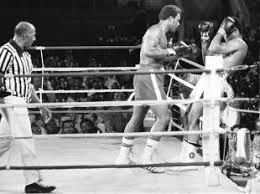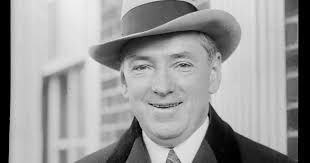Nib #37 — Don’t “Let us…”
Here’s a Nib for all you speechwriters and speech-givers out there — which is all of us at some point in our lives. Are you ready? Here it is.
Don’t start sentences with, “Let us…”
“Let us…” is one of the speechy-est of all speechy expressions. It’s the kind of thing that sounds like the kind of thing you hear in important speeches (which is to say, John F. Kennedy used it a lot).
But hold on, you might say! Martin Luther King, Abraham Lincoln, John Paul II, and Winston Churchill all used “Let us…” from time to time. And if it’s good enough for the greatest orators of the age, why not for everyday congressman or school board member or town hall speakers?
First, because chances are they are not among the great orators of the age — speechy rhetoric is hard to pull off. Second, and more importantly, because “Let us…” is an assertion of deep, earned leadership and trust. It’s a rhetorical technique of speaking for rather than appealing to one’s audience.
When Dr. King said “Let us…” to civil rights activists, his own part in that “us” was acutely, heroically authentic. And President Lincoln’s 2nd Inaugural — “let us strive on to finish the work we are in to bind up the nation's wounds” — not only spoke for the ravaged Union he represented, but conspicuously included the conquered southern states in its “us.”
Of course, there are more ways to earn trust than leading millions of people through harrowing crusades. We all know beloved institutional leaders — clerics or business executives or headmasters or coaches — who have earned it over many years of devoted, sacrificial service.
Without that kind of trust, “Let us…” comes across as presumptuous and cringe. Imagine being a lifelong employee at Apple Computers, dating back to its Golden Age, how different “Let us…” might sound coming from Steve Jobs vs. Tim Cook. Just think about how you would receive “Let us…” from a politician you dislike in behalf of a cause you oppose.
In our increasingly divided and trust-deprived culture, would-be leaders should be submitting ideas to their audience rather presuming to speak for them.
Let us all help stop orators from claiming trust they have not earned.
Until next week… keep writing!











